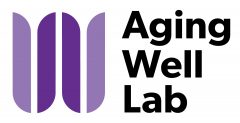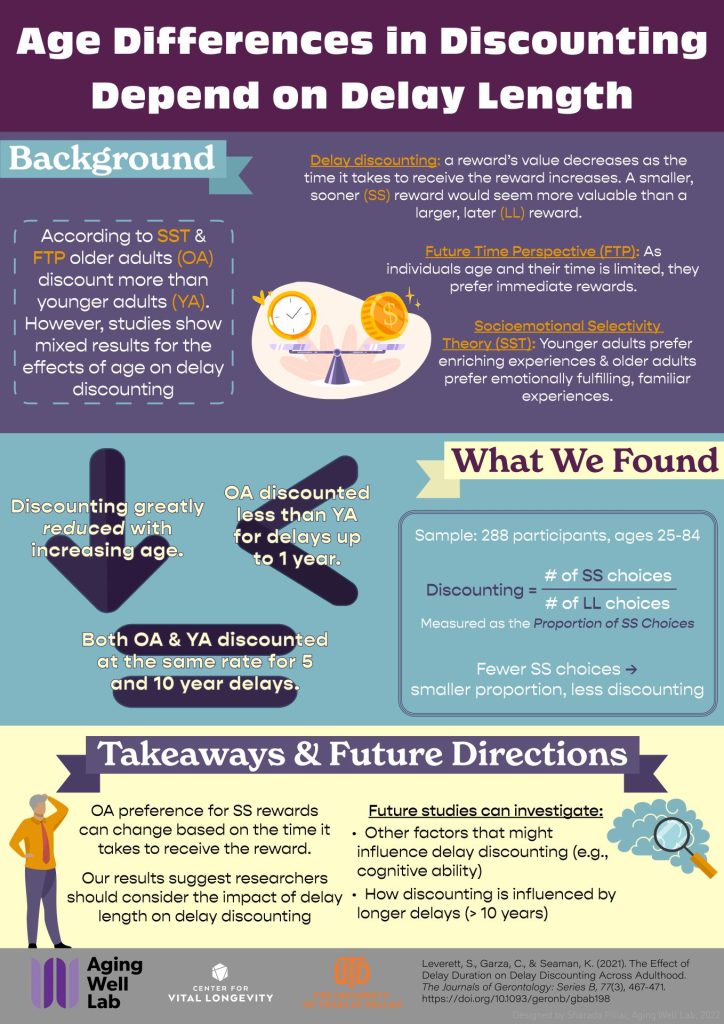By Junaid Rasool
When I first started looking for labs, I never imagined I would end up in a psychology lab.
As a traditional neuroscience student, my sights were set on bench research: injecting mice, pipetting chemicals, and reading DNA gel electrophoresis. My biology and chemistry classes prepared me for this, and I was excited to finally contribute to science. I interviewed at a neuroscience lab studying pain, a field directly related to medicine. I nailed the interview by leveraging the knowledge from my classes, secured the position, and was set to start during the summer before my junior year. Everything seemed perfect.

I was too focused on what I thought medical schools wanted … I’ve learned the value of stepping out of my comfort zone and embracing new experiences.
Junaid Rasool
But life had other plans. My mom unexpectedly needed eye surgery, so I returned to Austin, TX, to care for her. By the time I came back to UTD in the fall, my position in the lab had been filled. I was back to square one. As I searched for new opportunities, this psychology lab reached out to me. Initially, I had doubts. I didn’t see how this would align with my professional goals, but I decided to give it a try.
My journey with the lab began with guiding participants through experiments, attending lab meetings, and writing protocols. I also got hands-on experience using psychophysiological equipment— eye trackers for measuring visual attention, and electrodes for measuring skin conductance and heart rate. However, I still wasn’t entirely sure how this research fit into my career goals. It seemed far removed from the traditional pre-med path I had envisioned.
I decided to do an honors thesis to gain additional responsibility, hoping to find more clarity and purpose. The learning curve was steep, and I often questioned how these tasks would benefit me in the long run. However, I eventually got the hang of things and became more comfortable with the research process. I even learned to code in R and Python, gaining transferable data analysis skills that will benefit any type of research and give me a leg up in medical school and beyond.
I found I was too focused on what I thought medical schools wanted: publications, wet lab research, and in-depth molecular studies. While these are important, I’ve learned the value of stepping out of my comfort zone and embracing new experiences. When I got the chance to lead my own project, I took it, even though I didn’t know the experimental software or how to code. Thankfully, a PhD student named Galston and my mentor, Israel, stepped in to help. They both took time out of their day to walk me through the code and software, explaining everything clearly and making sure I understood. I believe the best way to learn is by jumping in, and their support equipped me to tackle the project confidently.
One of the most rewarding aspects of the Aging Well Lab is the supportive and collaborative culture. In the competitive world of pre-meds, it’s rare to find such a welcoming group of people. I’ve made friends and found mentors who genuinely want to help each other succeed. This positive environment has been a breath of fresh air.

Junaid presenting his poster about the impact of political group membership and perceived threat on trust at the Undergraduate Research Scholar Awards (URSA) poster presentation in April 2024.
My research exploring human behavior and decision-making has illuminated the intersection of politics and trust, and I see application for this in healthcare. For instance, healthcare areas such as vaccination campaigns, pandemic response, gun violence, and reproductive health have become increasingly politicized and surrounded by misinformation. As a future physician, I plan to use my research insights to collaborate with trusted figures across the political spectrum to disseminate accurate medical information. By doing this, I hope to bridge political divides, enhance public health communications, and improve patient outcomes.
Additionally, one of my current projects delves into how people weigh risks and benefits in effort expenditure when faced with uncertain information. This research is essential for informing future pandemic responses, as evidenced by behaviors observed during the COVID-19 pandemic such as mask-wearing, vaccination acceptance, and adherence to social distancing guidelines. By understanding these decision-making processes, I aim to develop strategies that promote safer behaviors and improve public health outcomes. Overall, the research I’ve done in this lab has inspired me to pursue a future in health policy alongside my medical career, helping to clarify my goals in medicine.
My experience in the Aging Well Lab broadened my perspective on healthcare, equipped me with valuable skills, and connected me with an amazing community. If you’re a pre-med student, I encourage you to explore opportunities you might not have considered. You never know where they might lead.


